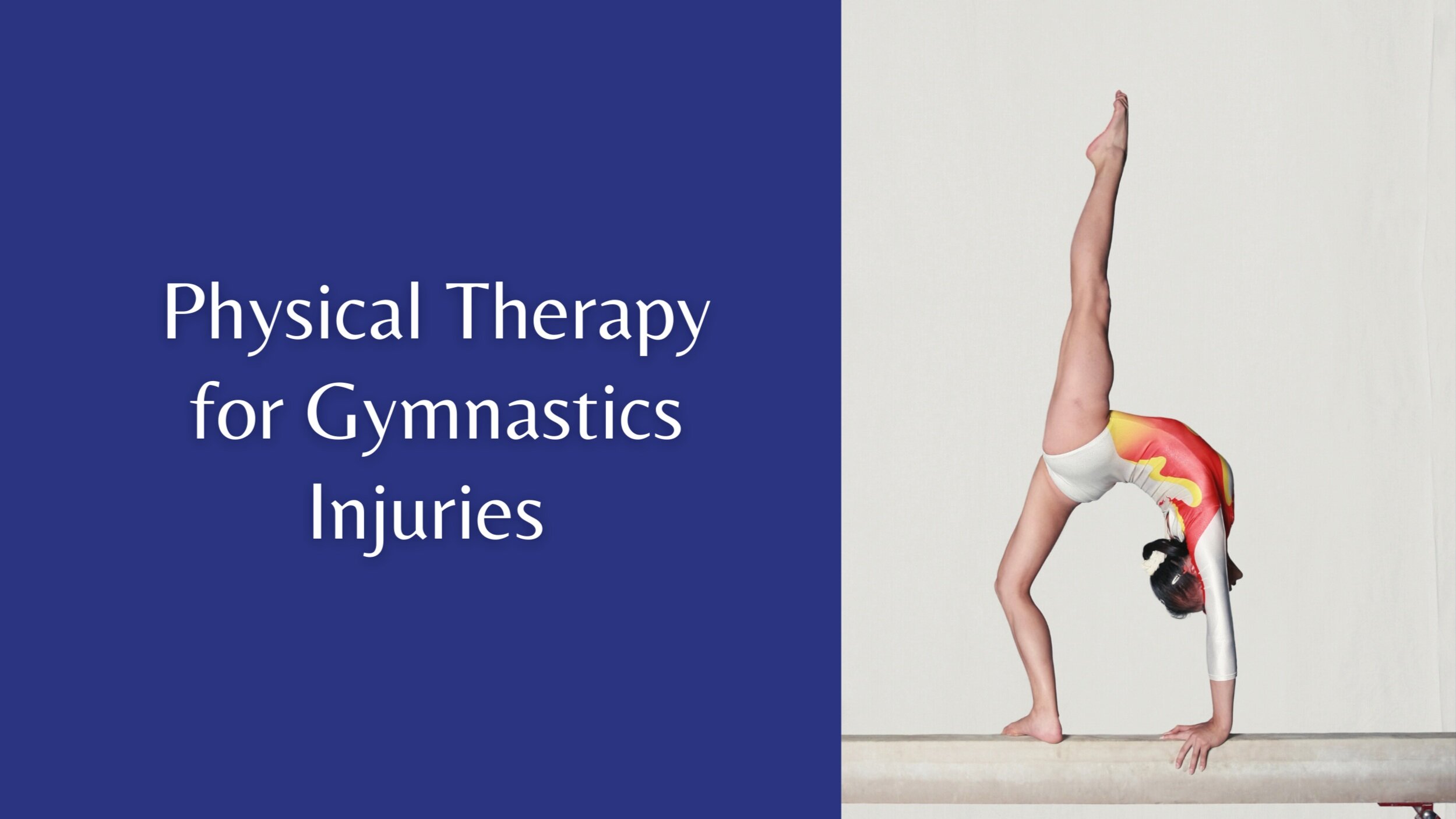Mangiarelli Rehabilitation Physical Therapy Blog
Physical Therapy for FHL Tendonitis
FHL tendonitis is a common injury among ballet dancers that involves inflammation of the FHL tendon, often due to repetitive forceful movements or prolonged plantar flexion (toe pointing/dancing en pointe). The FHL tendon connects the calf muscle to the big toe, helping to flex the big toe and acting as a major stabilizer of the foot arch. Physical therapy can help dancers manage and address FHL tendonitis by strengthening the tendon and restoring range of motion and proper biomechanics in the foot and ankle complex through manual therapy, stretching, and therapeutic exercise.
Physical Therapy for Figure Skating Injuries
One of the highlights of the winter Olympics for many is the figure skating competition. Figure skating places extreme demands on the skaters, requiring a high degree of technical skill paired with artistic poise. Common figure skating injuries, like ankle sprains, patellofemoral pain syndrome, and hip and back pain, can result from a traumatic incident on the ice or from overuse. Physical therapists can help figure skaters prepare for competition through targeted strengthening and aerobic conditioning off the ice and support skaters through a comprehensive rehabilitation program should an injury occur.
Physical Therapy for Ballet Injuries
Ballet is a full-body art form that demands precise technique with incredible muscular strength and stamina and extreme flexibility and range of motion. Ballet dancers engage in long hours of training and performance involving repetitive movements that contribute to injuries, particularly in the ankle, foot, leg, hip, and low back. Physical therapists can provide ballet dancers with specialized and customized treatment to help dancers fully recover from injury and effectively restore range of motion, strength, function, and motor control in order to safely return to performance with endurance and power.
Physical Therapy for Snapping Hip Syndrome
Snapping hip syndrome is a common injury among dancers, gymnasts, runners, and soccer players. Snapping hip syndrome occurs when a hip muscle or tendon slides and stretches over the hip bone, then snaps when tension is released during movement, causing pain and tightness in the front, back, or side of the hip. Physical therapy can help to loosen tension in the hip and strengthen and heal the muscles and tendons causing snapping hip syndrome for a safe return to sport and dance.
Physical Therapy for Gymnastics Injuries
Gymnastics is an incredibly demanding sport that requires extreme strength, power, flexibility, and mobility of the entire body. Due to the extraordinary physical demands, high impact forces on the body, and rigorous training schedule of the sport, acute and overuse injuries can occur, most commonly in the ankle, knee, wrist, elbow, and low back. Physical therapists work closely with gymnasts to restore function, mobility, strength, and flexibility after an injury, ensure a safe return to sport, and prevent recurrent injuries.
Physical Therapy for Dancers
Dance is a full-body sport and art form, demanding incredible muscular strength, flexibility, and stamina. Dancers engage in long hours of training and performance, requiring extraordinary feats of athleticism, repetitive movements, and extreme flexibility. Due to the intense physical demands of dance, dancers are susceptible to injuries of the ankle, foot, leg, and lower back. Physical therapy can effectively treat dance-related injuries for a safe return to dance, helping the dancer regain full function and range of motion, addressing muscle imbalances, improving strength and conditioning, and providing bio-mechanical analysis for injury prevention.

















